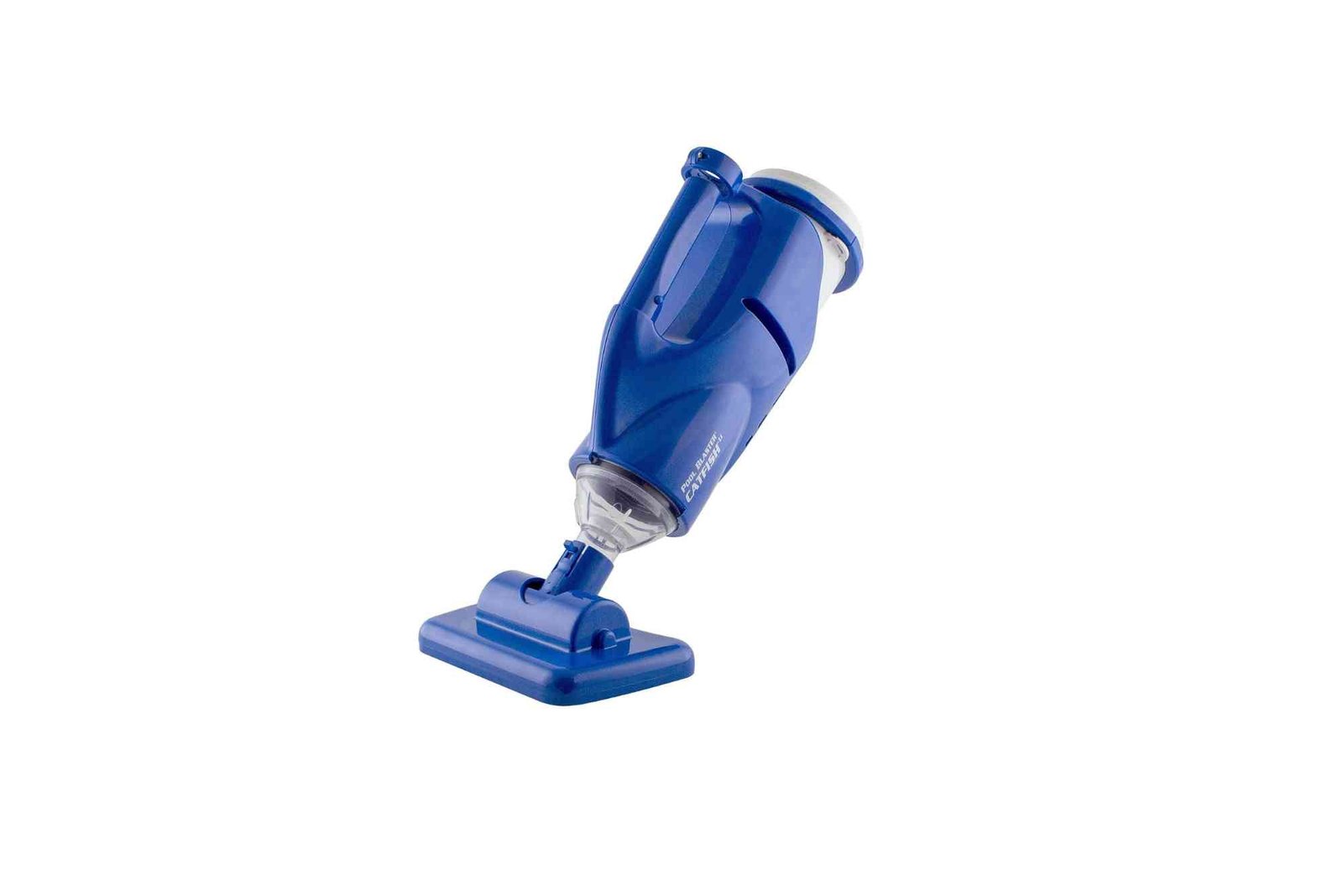Good food is more than just what pleases the taste buds—it plays a significant role in maintaining overall health and well-being. The quality of the food we consume influences not only our physical health but also our mental clarity and emotional balance. In this article, we’ll explore what qualifies as good food, its numerous benefits, and practical tips to incorporate healthier choices into daily life.
What is Good Food?
Good food can be defined by several key characteristics:
- Nutritional Value: Good food is rich in essential nutrients like vitamins, minerals, proteins, and healthy fats. These nutrients support various bodily functions, helping us to stay energized and healthy.
- Natural and Unprocessed: Whole, unprocessed foods such as fresh fruits, vegetables, whole grains, and lean proteins are the cornerstone of a good diet. They are free from harmful additives and preservatives.
- Balanced: A well-rounded diet includes a balance of macronutrients (carbohydrates, proteins, and fats) and micronutrients (vitamins and minerals).
- Free from Harmful Additives: Good food is free from excessive sugar, salt, trans fats, and artificial additives, all of which can have negative impacts on health.
- Sustainably Sourced: Ethical considerations, such as sustainability and environmental impact, are also becoming important aspects of good food.
The Health Benefits of Good Food
Improves Physical Health
Good food provides the body with the necessary nutrients to support immune function, maintain energy levels, and promote physical fitness. Nutrient-dense foods can help lower the risk of chronic diseases like heart disease, obesity, and type 2 diabetes.
Boosts Mental Health
Certain foods, such as fatty fish (rich in omega-3 fatty acids), leafy greens, nuts, and seeds, have been linked to improved brain function and mood stability. These foods can help reduce the risk of mental health issues like depression and anxiety.
Aids in Weight Management
Eating nutrient-rich foods helps in managing body weight. Whole foods are typically more filling and provide the body with sustained energy, reducing the temptation to overeat or snack on unhealthy foods.
Prevents Diseases
A diet high in fiber, antioxidants, and healthy fats can lower the risk of chronic diseases. For example, fiber-rich foods like whole grains and vegetables promote good digestion and can lower cholesterol levels, reducing the risk of heart disease.

Components of a Balanced Diet
Fruits and Vegetables
Fruits and vegetables are essential components of a balanced diet. They provide a wide range of vitamins, minerals, and antioxidants that support immune function and overall health. A colorful plate ensures you get a variety of nutrients. Aim for at least five servings of fruits and vegetables per day.
Whole Grains
Whole grains like quinoa, brown rice, oats, and whole wheat provide complex carbohydrates, which are a primary source of energy. Unlike refined grains, whole grains contain fiber, which aids digestion and helps regulate blood sugar levels.
Lean Proteins
Protein is crucial for muscle repair and overall growth. Incorporate lean protein sources such as chicken, turkey, fish, legumes, and plant-based options like tofu and tempeh. These sources offer the essential amino acids needed for bodily functions without excess saturated fats.
Healthy Fats
Healthy fats from sources like avocados, olive oil, nuts, and seeds are vital for brain health and hormone regulation. Omega-3 fatty acids, found in fatty fish such as salmon, are particularly important for reducing inflammation and promoting heart health.
Sustainable Food Choices
In addition to personal health, good food choices also contribute to the health of the planet. Making sustainable food choices helps protect the environment and ensures food availability for future generations. Key practices include:
- Locally Sourced Foods: By choosing locally grown food, you reduce the carbon footprint associated with transportation and support local farmers.
- Seasonal Eating: Eating foods that are in season helps reduce the environmental costs of growing and importing out-of-season produce.
- Reducing Meat Consumption: Animal farming has a significant environmental impact. Incorporating more plant-based meals into your diet can reduce your carbon footprint and contribute to more sustainable food practices.
- Minimizing Food Waste: Planning meals ahead and using leftovers effectively can help reduce food waste, which is a growing environmental concern.
How to Incorporate Good Food Into Your Daily Life
Incorporating good food into your daily routine doesn’t have to be difficult. Here are a few tips:
- Plan Your Meals: Weekly meal planning helps you ensure a balanced diet and avoids impulse purchases of unhealthy options. Include a variety of foods, from fresh produce to lean proteins and healthy fats, in your plan.
- Cook at Home: Home-cooked meals allow you to control the ingredients and methods of preparation. This ensures that your meals are not only healthy but also free from excessive oils, salts, and artificial additives.
- Read Food Labels: Become a savvy shopper by reading nutrition labels. Look out for high levels of sodium, sugars, and unhealthy fats. Focus on whole foods that are minimally processed.
- Practice Moderation: While indulging in your favorite treats is perfectly fine occasionally, balance and moderation are key. Ensure that most of your meals follow the principles of good food for optimal health.
Good food is more than a source of pleasure—it is the foundation of a healthy lifestyle. By incorporating nutrient-dense, natural, and sustainably sourced foods into your diet, you nourish your body and contribute to the well-being of the environment. Taking small, consistent steps towards making better food choices can have lasting impacts on your health and quality of life. Good food is not about perfection but balance and enjoyment in every bite.










